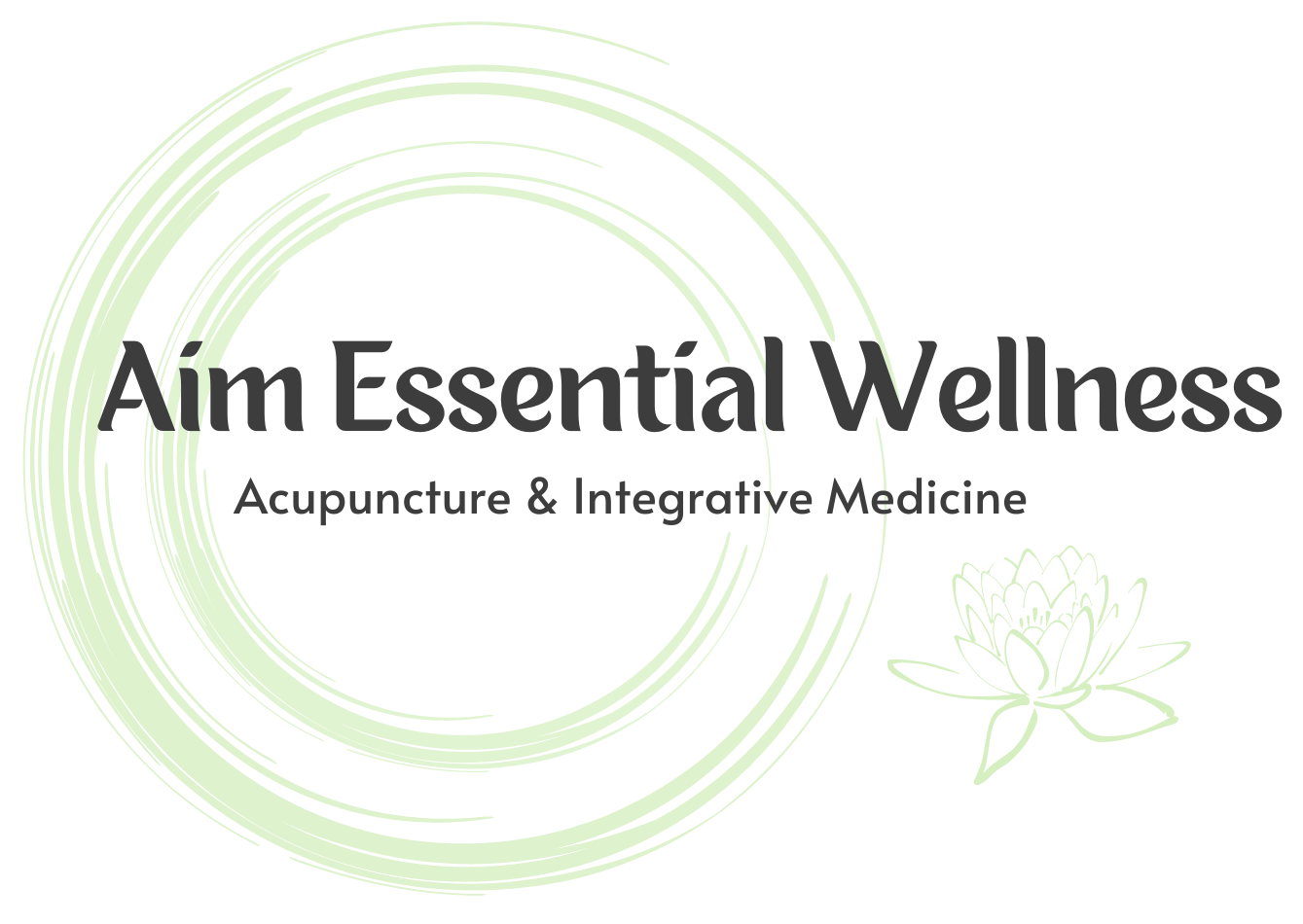Allergies & Traditional Chinese Medicine
Spring is known as a time for new beginnings. For some, however, it can cause an upstir in seasonal allergies. Common symptoms include stuffy noses, sinus headaches, itchy and watery eyes, and fatigue.
Acupuncture and Chinese herbs can not only lessen allergy symptoms, but can help strengthen the body’s immune defenses. In this approach, the body will be less vulnerable to allergens in the environment.
From a biomedical standpoint, acupuncture has been shown to reduce IgE (specific immunoglobulins that act against perceived allergens) levels and the expression, sensitivity and activation of TRPV1, also known as the capsaicin receptor, (closely linked to itchy, runny nose and eyes) via numerous pathways.
According to TCM, allergies are believed to be rooted in a depletion of Qi (vital energy) in various organ systems.
The graphic below illustrates how each organ system in TCM is connected to a season:
As we enter into spring, the liver will be the primary focus. In TCM, the liver is highly influenced by emotions such as stress. The combination of stress and the spring season can worsen allergies. The liver oversees the smooth flow of Qi in the body. If you’re busy and stressed, the liver Qi loses its healthy rhythm and your energy doesn’t flow freely.
As is the character of TCM, no one organ system acts alone. For instance, the liver can insult the lung organ system, causing it to become imbalanced.
The lung organ system is correlated with the Wei Qi. This is an external protective force that blocks external pathogens. A weak Wei Qi may lead to allergies and frequent colds. In TCM, the immune system has both external and internal mechanisms. This is just one example of the many relationships between the organ systems.
Acupuncture, together with Chinese herbal medicine, proper nutrition, lifestyle practices such as exercise, stress reduction, and restorative sleep- all help to support the body and lessen seasonal allergies.
If you’d like to learn more about how acupuncture can help with allergic rhinitis, this PDF provides a great evidence-based summary analysis from several studies.

